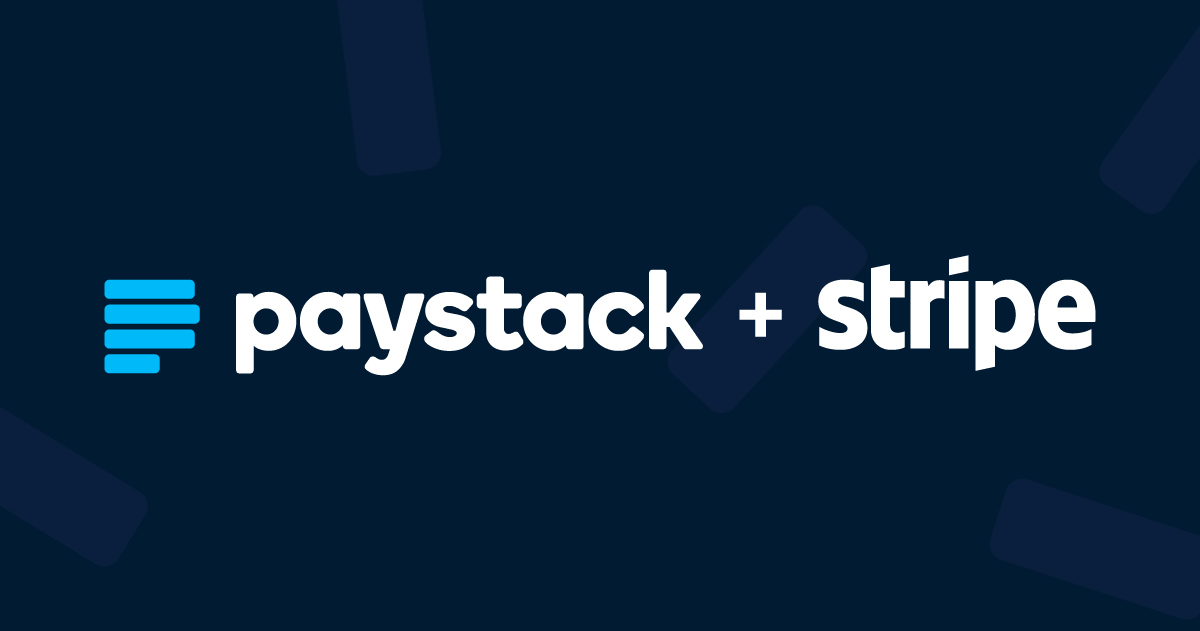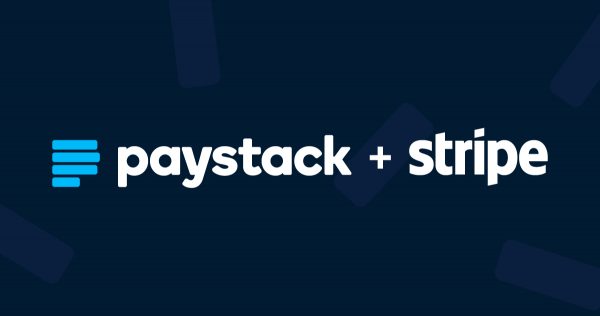It’s four years since the news broke in October 2020, that the Nigerian fintech startup, Paystack had been acquired by the US-based leading global payments company, Stripe. The acquisition which was valued at over $200 million broke the tech news space as it marked a significant milestone in the African tech ecosystem.
Read more about FinTech
It’s 2024, and the question arises: how has Paystack fared under Stripe’s wings? Has it experienced significant growth, or has it struggled? After a passioned research, this post tries to answer these questions, considering the Paystack’s journey from its inception, through the monumental acquisition, up to its current state.
The Founding of Paystack
Paystack was founded in 2015 by Shola Akinlade and Ezra Olubi with a simple vision – to simplify online payments for African businesses beginning from Nigeria. From its inception, Paystack aimed to solve the many challenges of online payment processing in Africa by offering a seamless and reliable platform for businesses to receive payments from their customers.
Initially bootstrapped, Paystack gained traction within a short period, due to its user-friendly interface, robust security features, and innovative payment solutions. By 2018, the company reportedly had processed over 15% of all online payments in Nigeria and was serving over 60,000 businesses, including heavyweights like MTN, Dominos, and Bolt (then Taxify).
The Acquisition by Stripe
In October 2020, Stripe announced its acquisition of Paystack in a deal reportedly worth over $200 million. This acquisition was a strategic move for Stripe, as it was aiming to expand its footprint in Africa.
“In just five years, Paystack has done what many companies could not achieve in decades. Their tech-first approach, values, and ambition greatly align with our own. This acquisition will give Paystack resources to develop new products, support more businesses and consolidate the hyper-fragmented African payments market,” Matt Henderson, Stripe’s business lead in EMEA, had said in 2020.
On the other hand, the acquisition meant a lot for Paystack. It meant Paystack was now part of a leading global payment processing company and now had access to Stripe’s vast resources, advanced technology, and global network.
“We believe deeply that with the right tools, African creators, developers, and entrepreneurs can do incredible things. Leveraging Stripe’s resources and deep expertise, we’re excited to accelerate our geographic expansion and introduce more payment channels, more value-added services, and deeper integrations with global platforms.” Shola Akinlade, CEO and co-founder of Paystack.
Paystack: Four Years Later
Since the acquisition, Paystack has expanded its operations beyond Nigeria to other African markets such as South Africa, Kenya, Egypt, Cote d’Ivoire, and Rwanda. This geographic expansion has been crucial in positioning Paystack as a pan-African leader in payment solutions. Paystack now boasts over 80,000 customers in Nigeria alone and over 200,000 across Africa, a significant increase from its pre-acquisition numbers.
Sign up for the Connect Nigeria daily newsletter
Earlier this year, PayStack announced that registered businesses on their platforms can now make transfers directly to Ghanaian bank accounts. This came two years after they had announced that they had been issued a Payment Services Provider (PSP) Enhanced License by the Apex bank in Ghana – Bank of Ghana.
They have announced recording similar achievements in a few other countries where they operate. In 2021, just a year after being acquired by Stripe, they announced that they had successfully launched in South Africa. In 2022, they announced having obtained a Payment Service Provider Authorisation from the Central Bank of Kenya, allowing them to operate locally in Kenya and provide payment services to businesses operating in Kenya.
As of July 2024, Paystack is being used by 21 e-commerce platforms in Kenya to accept and process payments on their platforms. In Egypt, Paystack is used by 10 e-commerce platforms to process and accept payments. In Ghana, 124 online stores use it for payment processing. It has its lowest e-commerce payment adoption in Rwanda with just 1 platform using it while in Cote D’Ivoire it is being used by 3 platforms.
Technological Advancements and Innovation
Technologically, Paystack has benefited immensely from Stripe’s resources and expertise. The integration of Stripe’s cutting-edge infrastructure has enhanced Paystack’s service reliability and scalability. For example, Paystack’s fraud detection and prevention systems have been significantly strengthened using Stripe’s sophisticated algorithms, reducing fraud rates and boosting customer confidence.
In addition, the acquisition has brought several strategic advantages. Stripe refers its merchants seeking access to African customers to Paystack, increasing Paystack’s customer base. The insights gained from Stripe, a company that has revolutionized global payments, have enabled Paystack to build a more scalable business. There has also been a talent exchange, with some former Stripe employees joining Paystack, bringing valuable experience and knowledge. This cross-pollination of talent has further driven innovation and growth within the company.
Challenges and Adaptations
Despite its impressive growth, Paystack has faced its share of challenges. Navigating the complex regulatory landscapes of multiple African countries has required strategic adaptations. Additionally, the competitive fintech landscape has necessitated continuous innovation to maintain its market position.
One notable challenge has been the need to comply with diverse financial regulations across different countries. Paystack has responded by building robust compliance frameworks, which have been critical in securing regulatory approvals and maintaining operational integrity.
Expansion Strategy and Future Plans
According to an interview with Paystack COO, Amandine Lobelle in 2023, the company’s expansion strategy is based on thorough research, considering factors such as GDP, card penetration, population size, and the strength of the startup and developer ecosystem. Paystack focuses on penetrating markets that serve as regional hubs and are strategically positioned to facilitate sub-regional growth. Currently, it is in the early beta stages in Francophone Africa and plans to expand into North Africa. Just like Stripe did for Paystack, in May 2024, Paystack led a consortium that acquired the Nigerian Fintech, Brass, to keep it in business.
In the next ten years, Paystack aims to replicate the deep market penetration it has achieved in Nigeria in five to ten additional markets. The company envisions expanding into in-person experiences and facilitating commerce between markets within Africa and between Africa and the rest of the world.
Register to attend the CN Business Mixer
Concluding Thoughts
From the foregoing, it is clear that the acquisition of Paystack by Stripe has not only facilitated Paystack’s expansion and technological advancement but has also solidified its position as a leader in the African fintech space. This therefore makes Paystack a worthy testament to the potential of strategic acquisitions in driving growth and innovation. Whether or not we will experience similar acquisitions soon in the Nigerian tech space is left to be seen.
Got a suggestion? Contact us: [email protected]


